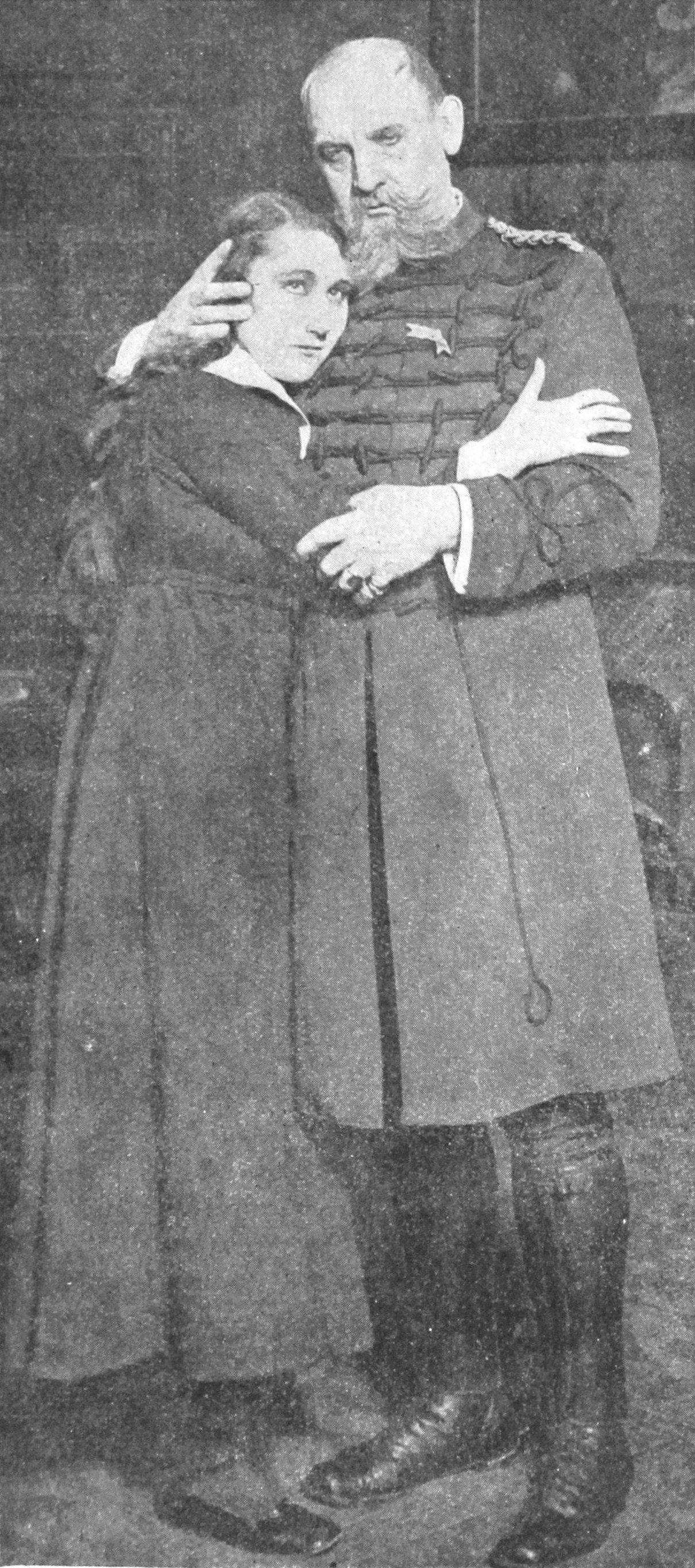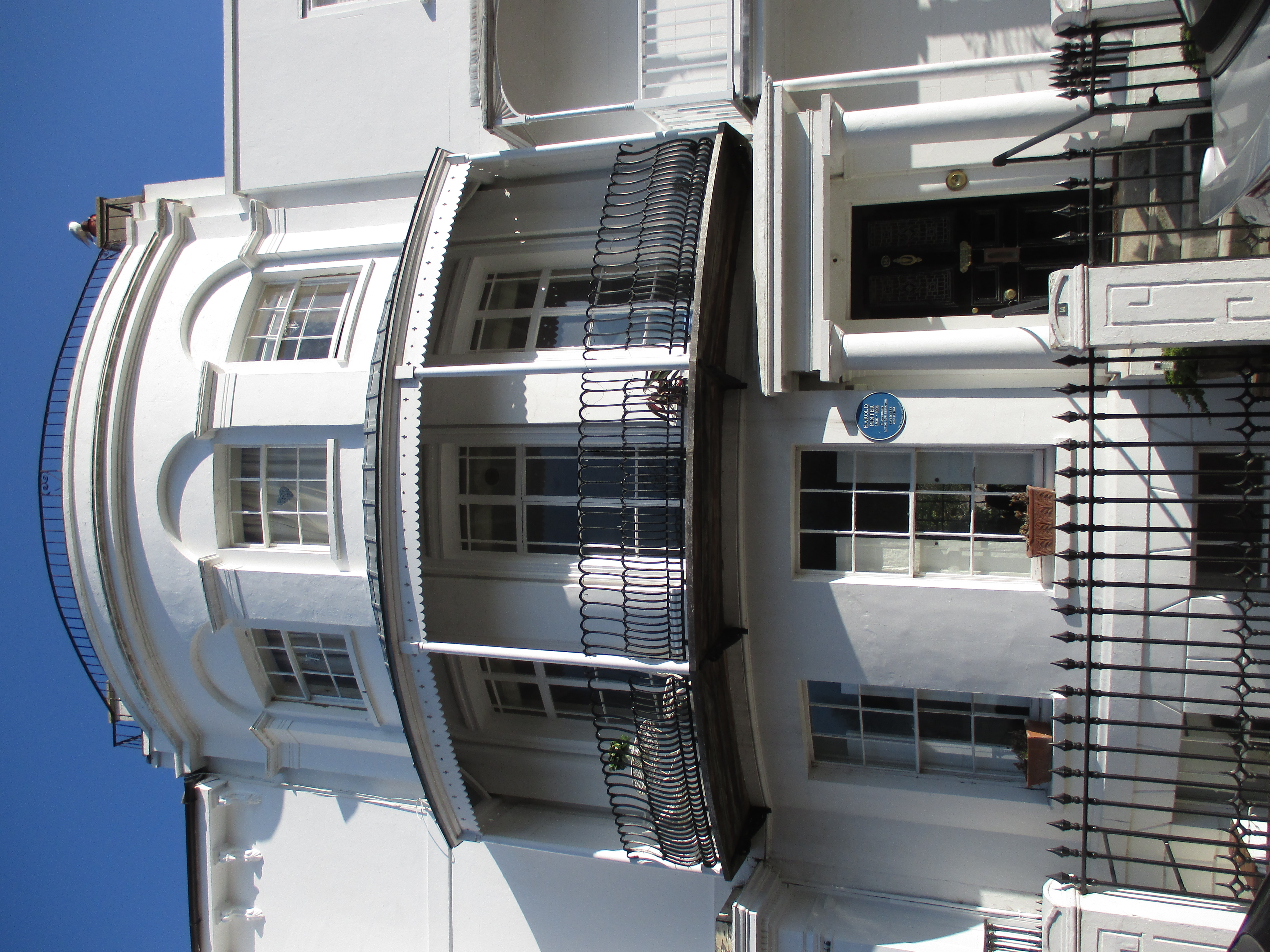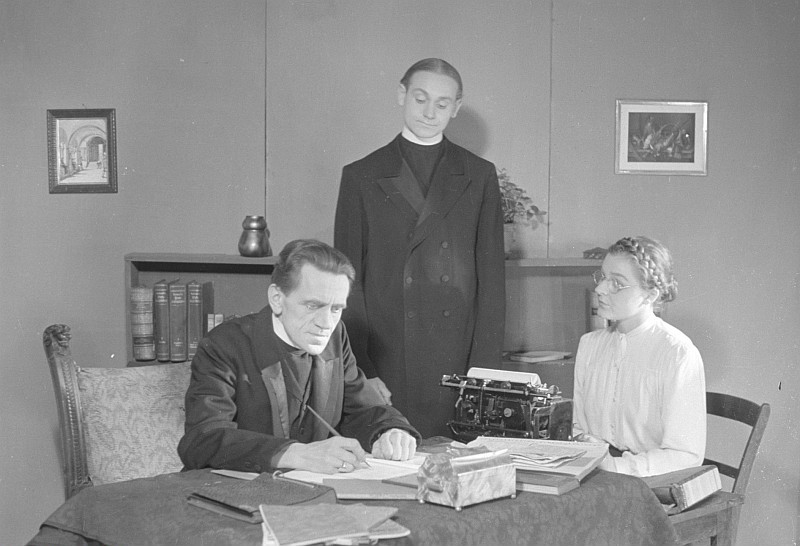|
Raj Bisaria
Raj Bisaria (born 10 November 1935) is an Indian director, producer, actor and educationalist, described by the Press Trust of India as "the father of the modern theatre in North India". He founded Theatre Arts Workshop in 1966, and Bhartendu Academy of Dramatic Arts in 1975 and the repertory company of Bhartendu Academy of Dramatic Arts in 1980. He has blended artistic concepts of the East and the West, and the traditional and the modern. Life Raj Bisaria was born in Lakhimpur Kheri, Uttar Pradesh, on 10 November 1935, the son of the late P.L. Bisaria and Leelavati Singh. He was educated at Colvin Taluqdars' College and Lucknow University, Lucknow, and retired as a senior professor of English Literature from Lucknow University. In 1969, Bisaria married the Kiran Kuchawan; the couple have a daughter, Rajina. The initiative was taken by his University Theatre Group formed in 1962. Four years later, Raj Bisaria founded the Theatre Arts Workshop (TAW) in 1966 and Bhartendu ... [...More Info...] [...Related Items...] OR: [Wikipedia] [Google] [Baidu] |
Lakhimpur, Uttar Pradesh
Lakhimpur is a city and a municipal board in the Lakhimpur Kheri district of the Indian state of Uttar Pradesh. Geography Lakhimpur is located at . It has an average elevation of . * Latitude : 27.6 to 28.6 (North) * Longitude : 80.34 to 81.30 (East) It shares its boundaries with – * North – Nepal * West – Shahjahanpur districts * South – Hardoi & Sitapur district * East – Bahraich district. Its main rivers are Sharda, Ghaghara, Koriyala, Ull, Sarayan, Chauka, Gomti, Kathana, Saryu and Mohana. Climate The climate is hot throughout the year except the rainy seasons. In winter, nights are very cold. Fog is very common in this season. * Winter: November to February 30 °C to 0 °C * Summer: March to June 46 °C to 20 °C * Rainy Season: July to October 35 °C to 20 °C * Rainfall: 1400 mm (Normal) Government and politics * 2 Parliamentary Constituencies – Kheri (Lok Sabha constituency) (विन) and Dhaurahra (Lok S ... [...More Info...] [...Related Items...] OR: [Wikipedia] [Google] [Baidu] |
Macbeth
''Macbeth'' (, full title ''The Tragedie of Macbeth'') is a tragedy by William Shakespeare. It is thought to have been first performed in 1606. It dramatises the damaging physical and psychological effects of political ambition on those who seek power. Of all the plays that Shakespeare wrote during the reign of James I, ''Macbeth'' most clearly reflects his relationship with King James, patron of Shakespeare's acting company. It was first published in the Folio of 1623, possibly from a prompt book, and is Shakespeare's shortest tragedy. A brave Scottish general named Macbeth receives a prophecy from a trio of witches that one day he will become King of Scotland. Consumed by ambition and spurred to action by his wife, Macbeth murders King Duncan and takes the Scottish throne for himself. He is then wracked with guilt and paranoia. Forced to commit more and more murders to protect himself from enmity and suspicion, he soon becomes a tyrannical ruler. The bloodbath ... [...More Info...] [...Related Items...] OR: [Wikipedia] [Google] [Baidu] |
Jean Anouilh
Jean Marie Lucien Pierre Anouilh (; 23 June 1910 – 3 October 1987) was a French dramatist whose career spanned five decades. Though his work ranged from high drama to absurdist farce, Anouilh is best known for his 1944 play ''Antigone'', an adaptation of Sophocles' classical drama, that was seen as an attack on Marshal Pétain's Vichy government. His plays are less experimental than those of his contemporaries, having clearly organized plot and eloquent dialogue. One of France's most prolific writers after World War II, much of Anouilh's work deals with themes of maintaining integrity in a world of moral compromise. Life and career Early life Anouilh was born in Cérisole, a small village on the outskirts of Bordeaux, and had Basque ancestry. His father, François Anouilh, was a tailor, and Anouilh maintained that he inherited from him a pride in conscientious craftmanship. He may owe his artistic bent to his mother, Marie-Magdeleine, a violinist who supplemented the family's m ... [...More Info...] [...Related Items...] OR: [Wikipedia] [Google] [Baidu] |
The Father (Strindberg Play)
''The Father'' ( sv, Fadren) is a naturalistic tragedy by Swedish playwright August Strindberg, written in 1887. It is about the struggle between parents over the future of their child; resulting in the mother, using her cunning manipulative skills, subduing and finally destroying the father. Plot Captain Adolph, an officer of the cavalry, and his wife, Laura, have a disagreement regarding the education of their daughter Bertha. Laura wants her to stay at home and become an artist, while Adolph wants Bertha to move into town and study to be a teacher. Adolph says that his decision is final, and that the law supports him, because, he points out, the woman sells her rights when she agrees to be married. The argument grows and becomes fierce. Laura, cunning & manipulative, suggests that Adolph may in fact have no rights in the matter. Laura lies to the family doctor that Adolph may be mad, because, as an amateur scientist, he thinks he has discovered life on another planet by ... [...More Info...] [...Related Items...] OR: [Wikipedia] [Google] [Baidu] |
Strindberg
Johan August Strindberg (, ; 22 January 184914 May 1912) was a Swedish people, Swedish playwright, novelist, poet, essayist and painter.Lane (1998), 1040. A prolific writer who often drew directly on his personal experience, Strindberg wrote more than sixty plays and more than thirty works of fiction, autobiography, history, cultural analysis, and politics during his career, which spanned four decades. A bold experimenter and iconoclast throughout, he explored a wide range of dramatic methods and purposes, from naturalistic tragedy, monodrama, and history plays, to his anticipations of expressionism (theatre), expressionist and surrealism, surrealist dramatic techniques. From his earliest work, Strindberg developed innovative forms of dramatic action, language, and visual composition. He is considered the "father" of modern Swedish literature and his ''The Red Room (Strindberg novel), The Red Room'' (1879) has frequently been described as the first modern Swedish novel. In Sweden ... [...More Info...] [...Related Items...] OR: [Wikipedia] [Google] [Baidu] |
The Lesson
''The Lesson'' (french: La Leçon) is a one-act play by French-Romanian playwright Eugène Ionesco. It was first performed in 1951 in a production directed by Marcel Cuvelier (who also played the Professor). Since 1957 it has been in permanent showing at Paris' Théâtre de la Huchette, on an Ionesco double-bill with The Bald Soprano. The play is regarded as an important work in the " Theatre of the Absurd". Plot summary This play takes place in the office and dining room of a small French flat. The Professor, a man of 50 to 60, is expecting a new Pupil (aged 18). The Professor's Maid, a stout, red-faced woman of 40 to 50, worries about the Professor's health. As the absurd and nonsensical lesson progresses, the Professor grows more and more angry with what he perceives as the Pupil's ignorance, and the Pupil becomes more and more quiet and meek. Even her health begins to deteriorate, and what starts as a toothache develops into her entire body aching. At the climax of the p ... [...More Info...] [...Related Items...] OR: [Wikipedia] [Google] [Baidu] |
Eugène Ionesco
Eugène Ionesco (; born Eugen Ionescu, ; 26 November 1909 – 28 March 1994) was a Romanian-French playwright who wrote mostly in French, and was one of the foremost figures of the French avant-garde theatre in the 20th century. Ionesco instigated a revolution in ideas and techniques of drama, beginning with his "anti play", '' The Bald Soprano'' which contributed to the beginnings of what is known as the Theatre of the Absurd, which includes a number of plays that, following the ideas of the philosopher Albert Camus, explore concepts of absurdism. He was made a member of the Académie française in 1970, and was awarded the 1970 Austrian State Prize for European Literature, and the 1973 Jerusalem Prize. Biography Ionesco was born in Slatina, Romania, to a Romanian father belonging to the Orthodox Christian church and a mother of French and Romanian heritage, whose faith was Protestant (the faith into which her father was born and to which her originally Greek Orthodox Ch ... [...More Info...] [...Related Items...] OR: [Wikipedia] [Google] [Baidu] |
No Exit
''No Exit'' (french: Huis clos, links=no, ) is a 1944 existentialist French play by Jean-Paul Sartre. The play was first performed at the Théâtre du Vieux-Colombier in May 1944. The play begins with three characters who find themselves waiting in a mysterious room. It is a depiction of the afterlife in which three deceased characters are punished by being locked into a room together for eternity. It is the source of Sartre's especially famous phrase "L'enfer, c'est les autres" or "Hell is other people", a reference to Sartre's ideas about the look and the perpetual ontological struggle of being caused to see oneself as an object from the view of another consciousness. English translations have also been performed under the titles ''In Camera'', ''No Way Out'', ''Vicious Circle'', ''Behind Closed Doors'', and ''Dead End''. The original title, ''Huis clos'' ("closed door"), is the French equivalent of the legal term ''in camera'' (Latin: "in a chamber"), referring to a privat ... [...More Info...] [...Related Items...] OR: [Wikipedia] [Google] [Baidu] |
Sartre
Jean-Paul Charles Aymard Sartre (, ; ; 21 June 1905 – 15 April 1980) was one of the key figures in the philosophy of existentialism (and phenomenology), a French playwright, novelist, screenwriter, political activist, biographer, and literary critic, as well as a leading figure in 20th-century French philosophy and Marxism. His work has influenced sociology, critical theory, post-colonial theory, and literary studies, and continues to do so. He was awarded the 1964 Nobel Prize in Literature despite attempting to refuse it, saying that he always declined official honors and that "a writer should not allow himself to be turned into an institution." Sartre held an open relationship with prominent feminist and fellow existentialist philosopher Simone de Beauvoir. Together, Sartre and de Beauvoir challenged the cultural and social assumptions and expectations of their upbringings, which they considered bourgeois, in both lifestyles and thought. The conflict between oppres ... [...More Info...] [...Related Items...] OR: [Wikipedia] [Google] [Baidu] |
The Caretaker
''The Caretaker'' is a play in three acts by Harold Pinter. Although it was the sixth of his major works for stage and television, this psychological study of the confluence of power, allegiance, innocence, and corruption among two brothers and a tramp, became Pinter's first significant commercial success. It premiered at the Arts Theatre Club in London's West End on 27 April 1960 and transferred to the Duchess Theatre the following month, where it ran for 444 performances before departing London for Broadway. In 1963, a film version of the play based on Pinter's unpublished screenplay was directed by Clive Donner. The movie starred Alan Bates as Mick and Donald Pleasence as Davies in their original stage roles, while Robert Shaw replaced Peter Woodthorpe as Aston. First published by both Encore Publishing and Eyre Methuen in 1960, ''The Caretaker'' remains one of Pinter's most celebrated and oft-performed plays. Plot summary Act I ''A night in winter'' ;cene 1Aston has i ... [...More Info...] [...Related Items...] OR: [Wikipedia] [Google] [Baidu] |
Harold Pinter
Harold Pinter (; 10 October 1930 – 24 December 2008) was a British playwright, screenwriter, director and actor. A Nobel Prize winner, Pinter was one of the most influential modern British dramatists with a writing career that spanned more than 50 years. His best-known plays include '' The Birthday Party'' (1957), '' The Homecoming'' (1964) and '' Betrayal'' (1978), each of which he adapted for the screen. His screenplay adaptations of others' works include '' The Servant'' (1963), ''The Go-Between'' (1971), '' The French Lieutenant's Woman'' (1981), '' The Trial'' (1993) and '' Sleuth'' (2007). He also directed or acted in radio, stage, television and film productions of his own and others' works. Pinter was born and raised in Hackney, east London, and educated at Hackney Downs School. He was a sprinter and a keen cricket player, acting in school plays and writing poetry. He attended the Royal Academy of Dramatic Art but did not complete the course. He was fined ... [...More Info...] [...Related Items...] OR: [Wikipedia] [Google] [Baidu] |
Candida (play)
''Candida'', a comedy by playwright George Bernard Shaw, was written in 1894 and first published in 1898, as part of his ''Plays Pleasant''. The central characters are clergyman James Morell, his wife Candida and a youthful poet, Eugene Marchbanks, who tries to win Candida's affections. The play questions Victorian notions of love and marriage, asking what a woman really desires from her husband. The cleric is a Christian Socialist, allowing Shaw—himself a Fabian Socialist—to weave political issues, current at the time, into the story. Shaw attempted but failed to have a London production of the play put on in the 1890s, but there were two small provincial productions. However, in late 1903 actor Arnold Daly had such a great success with the play that Shaw would write by 1904 that New York was seeing "an outbreak of Candidamania". The Royal Court Theatre in London performed the play in six matinees in 1904. The same theatre staged several other of Shaw's plays from 1904 ... [...More Info...] [...Related Items...] OR: [Wikipedia] [Google] [Baidu] |







